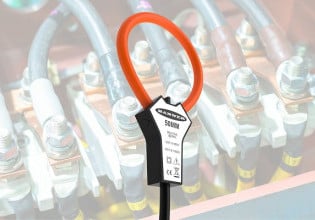Continental AG Restructure Reflects Global Shift Away From Traditional Vehicles
German automotive manufacturer Continental AG has announced its plans to explore restructuring of the company and potential closures of multiple plants.
Manufacturing trends sometimes arise in ways that directly affect the people that work in the industrial field. Continental's newest restructure—which will see 5,000 manufacturing jobs slashed in Germany, Italy, and the USA—can be traced back to market trends that dictate which products the company manufactures in their plants and therefore which plants they keep open.
Continental and the Automotive Manufacturing Industry
Continental AG is a parent company that has multiple divisions associated with the automotive industry including brakes, tires, powertrains, and chassis. With an overall revenue of $44.08 billion in 2018, it is the world's fourth-largest tire manufacturer. However, Continental has announced its plans to restructure while also hinting at the possibility of closing down production facilities involving hydraulic systems for fossil fuel-based engines.

Image from Continental AG
The restructuring is a part of the 2019-to-2029 global restructuring program that will help Continental strengthen its place in the global market for the foreseeable future. The plan for shutting down these facilities places as many as 5,000 jobs at risk.
As Continental acknowledged in a recent investor report, the company has noted significant losses in its light vehicle production, including their powertrain, interior, and chassis safety divisions. These changes are actively attributed to market changes regarding the automotive industry.
Possible Factors: The Rise of EVs and the Chinese Market
Two factors are at play here: a fall in the Chinese automotive market and the drive towards electric vehicles (EVs).
With a population of over 1 billion, China is a very large market and one of the main markets Continental sells to. As reported in Reuters, this reliance on the Chinese market is reflected in the reported 41% fall in net income due to the lower demand for cars from China.
The ever-growing movement of environmentally friendly cars and energy production has also affected sales. Continental has stated their expectation for trends continue towards the growth of EVs and hybrids. The company plans to restructure its powertrain division, in particular, to accommodate what they've termed "future mobility."
The job market in the industrial automation space is dependent on many complex concepts. In this instance, however, Continental has actively highlighted that changing market demands—specifically those that indicate new automotive technologies—are driving their decision-making. The capability of facilities to keep up with manufacturing products that correspond to these market trends is an important factor as the industry evolves.






